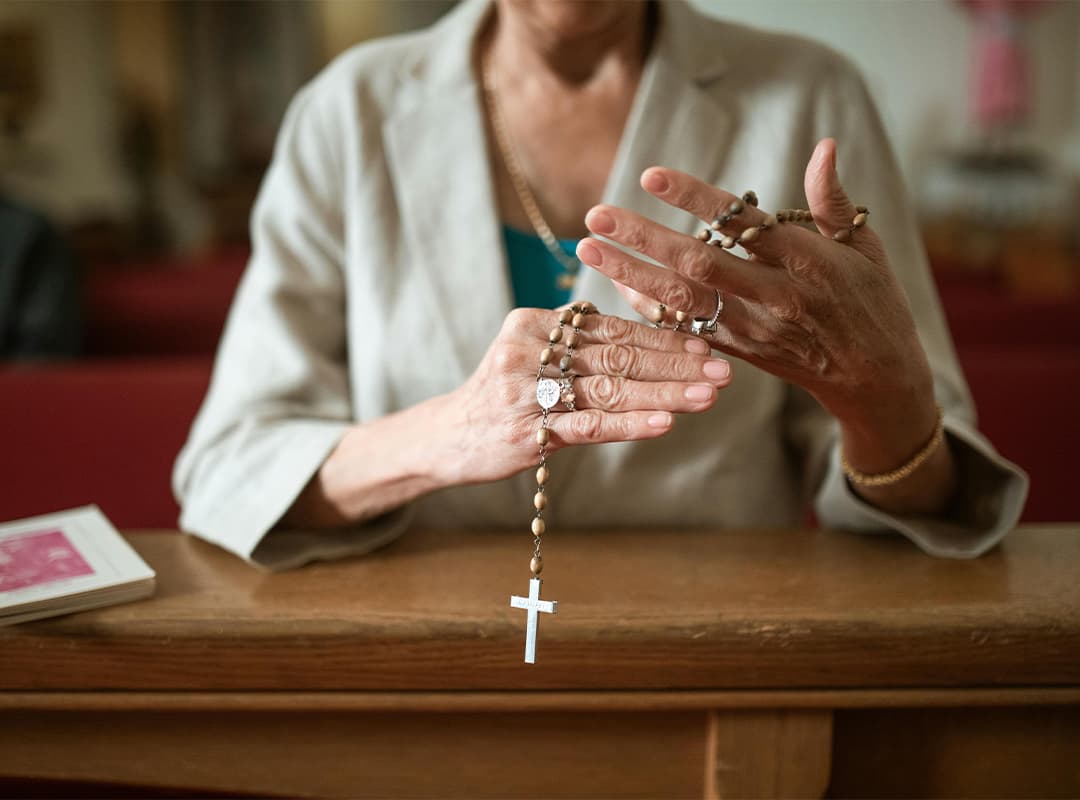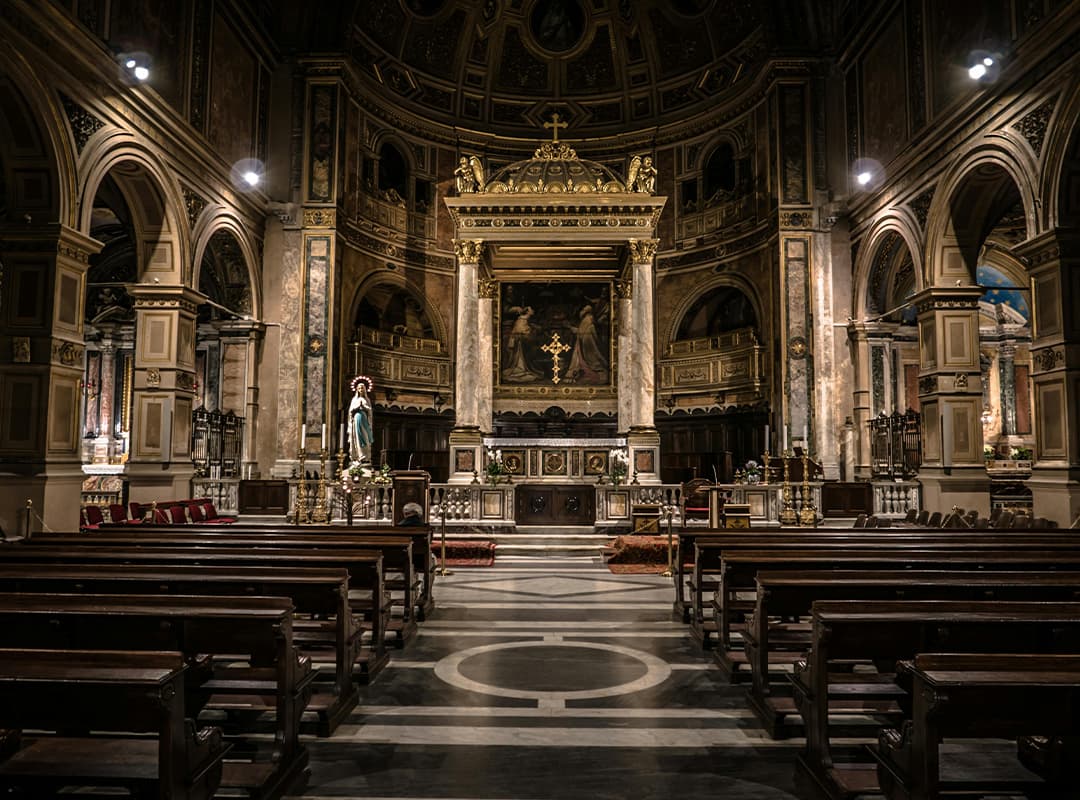The Church’s traditional teaching on fasting is not widely known or observed today. For those Orthodox Christians who are seeking a stricter observance of fasting, the following information may be helpful.
Although the rules of fasting may seem very strict to those who have not previously encountered them, they were developed for all believers, not just monks. (Monks do not eat meat, so the rules regarding meat eating could not have been written with them in mind. Similarly, the rules concerning marital abstinence apply only to laymen and married clergy.) While few lay people are able to fully observe these rules, it is best to present them without assessing what level is “appropriate” for lay people, as this is a matter to be decided by each Christian individually under the guidance of his or her spiritual director.
There are many exceptions to the general rules, such as major feasts or parish thrones that fall during the Lenten season. Consult your priest and parish calendar for details. St. Innocent Press publishes wall and pocket calendars that list the Lenten rules for each day of the year. The St. Herman Calendar, published annually by St. Herman of Alaska Press, is also a good daily guide.
For the Christian, all food is pure. When fasting is not prescribed, there are no forbidden foods.
Unless a Lenten period is declared, Orthodox Christians observe a strict fast every Wednesday and Friday. The following foods are avoided:
- Meat, including poultry, and any meat products such as lard and meat broth;
- Fish (meaning fish with backbone; seafood is allowed);
- Eggs and dairy products (milk, butter, cheese, etc.);
- Olive oil. A literal interpretation of the rule prohibits only olive oil. Especially where olive oil is not an important part of the diet, the rule is sometimes interpreted to include all vegetable oils as well as oil-based products such as margarine;
- Wine and other alcoholic beverages. In the Slavic tradition, beer is often allowed on Lenten days.
How much
Sadly, it is easy to follow the letter of the fasting rule and still practice gluttony. During Lent, one should eat simply and in moderation. Monks eat only one full meal on strict Lenten days and two meals on days when wine and oil are allowed. It is generally not advisable for lay people to limit their meals in this way: consult your priest.
Exemptions
The Church has always exempted small children, the sick, the very elderly, and pregnant and nursing mothers from strict fasting. While people in these groups should not severely limit the amount of food they eat, there is no harm in giving up some foods two days a week – just eat enough of the permitted foods. Exceptions to fasting for medical reasons (e.g. diabetes) are always allowed.


